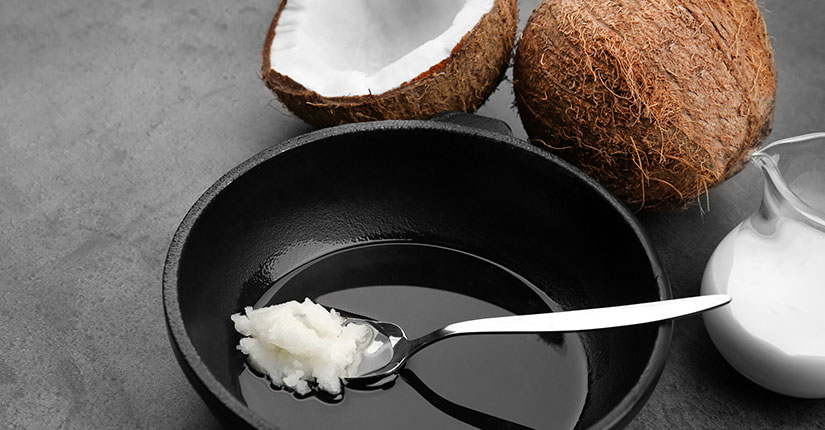Are Plant-Based Meats Healthier Than Real Meat?
By Nmami Agarwal 30-Sep 2020 Reading Time: 5 Mins

Plant-based meat v/s Real meat is the new tittle-tattle that the Fast-Moving Consumer Goods(FMCG) industry is experiencing. With people talking about having more plant based options and its effect on the overall health and environment, food manufacturers are also manufacturing plant-based meat options. Lately, the internet space is blown by the plant-based alternatives of tuna, beef, shrimp and eggs.
But are these foods really a healthy alternative to their animal counterparts? Read on to find out.
Plant-Based Meat:
Largely, in alternative meat products, the protein is extracted from the plant and combined with other plant-based ingredients with an aim of making it look and taste just as meat.
Now the question is, how healthy is it?
- Talking in terms of the caloric value alone, plant based meat is a healthier option.
- It is lower in saturated fat and cholesterol while is engineered to have more protein, essential amino acids and vitamins.
- It also minimizes the chance of having an animal-borne disease.
- Moreover, it is also a source of dietary fiber which real meat isn’t.
But, only because the meat-less meat is plant based, it’s safe for consumption but it’s not healthy.
- Plant based meats are highly processed products.
- They have additives such as sugar(dextrose, maltose) sodium and hydrogenated oil.
Let’s understand the pros and cons of it:
- Good for the environment:
- Presumably healthy:
- Not an economical option for many:
Plant based meats generate 90% less green-house gases, require less energy, have incredibly less impact on water, hence less aquatic pollutants and require less land. The burden on our planet will be reduced to great levels and that is something that our planet needs. As we are all well acquainted with the recent incidents of forest fires because of the animal meat industry.
Plant based meat derives its protein and texture from legumes, but due to the high levels of processing involved, it reduces it’s nutritional value. But, looking at the heightened risk of developing cardiovascular disease or cancer by the consumption of animal-meat, plant-based meat is preferably a better option.
Though derived from plants, the meat-less meat isn’t economical for many people. The costs are kept high, pertaining to their speculative demand. But experts say that, with an increase in the infrastructure and volume of production, the costs will be even lower than the animal-meat.
Note: Industrial animal protein is treated with chemicals and might be contaminated with bacteria.
Over to you:
Even though trying the plant based meat sounds like a novel experience. It is not healthy, and nor is the animal meat. Both of them elevate the underlying health concerns and are chemically processed. The only advantage that can plant based meat has, is the lower instances of environmental damage. If as a consumer, you want to indulge into a treat which tastes like meat but has a comparatively lower fat profile and doesn’t harm the environment as much, opt for the meat-less meat. But, nutritionally speaking, it is just deemed to be healthy. Actual health lies in having nutrient dense options like fruits and vegetables, nuts and seeds, whole grains and legumes. The growth of the FMCG industry for the taste factor has been a point of discussion for a long time now. We think, it’s time to re-think taste and health overall.





















